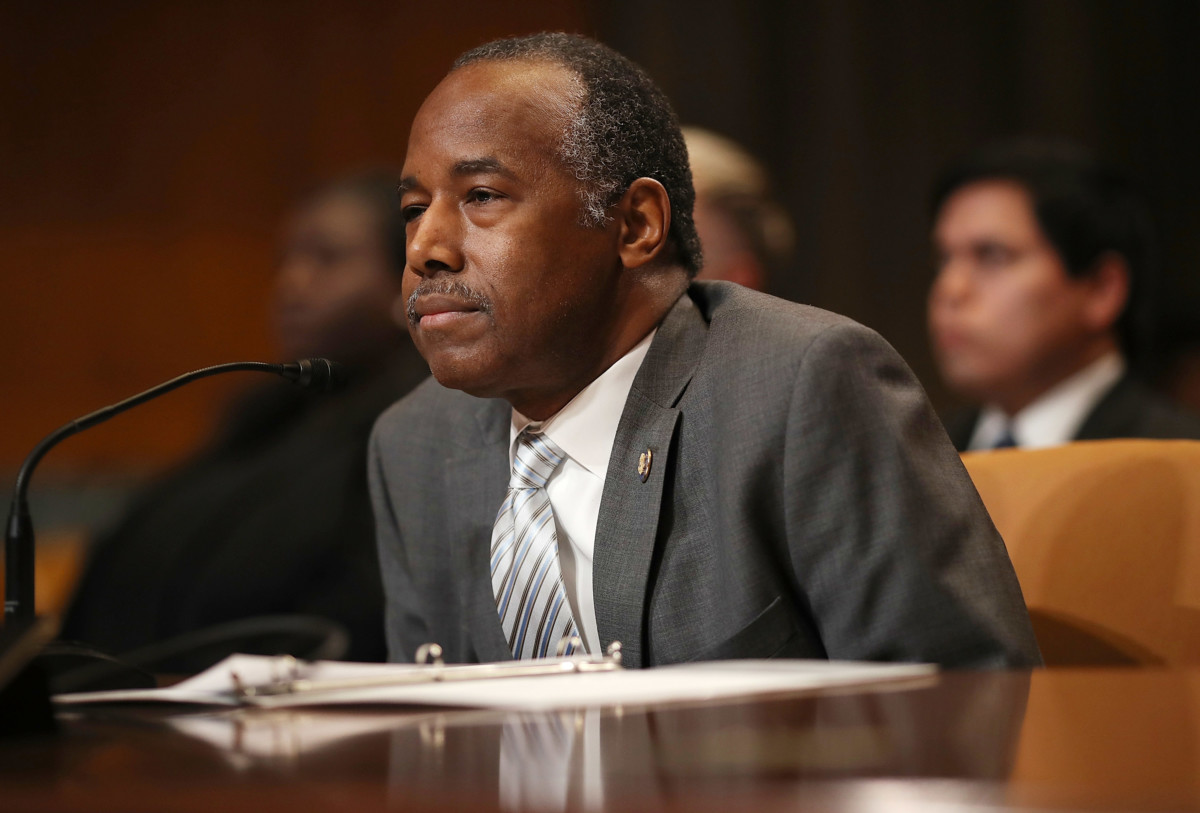Support justice-driven, accurate and transparent news — make a quick donation to Truthout today!
The Department of Housing and Urban Development (HUD) announced this week that it intends to reconsider a federal rule requiring states and localities receiving HUD funds (as well as public housing agencies) to take meaningful steps to address racial segregation and other fair housing problems that have long plagued their communities, as the 1968 Fair Housing Act requires. This marks another step backward from meeting HUD’s 50-year-old obligation to combat housing segregation, discrimination, and the concentration of affordable housing in high-poverty communities.
It’s the Trump Administration’s third action to undermine the rule, known as the Affirmatively Furthering Fair Housing (AFFH) rule. Civil rights organizations have sued the Administration for suspending the rule; the case is pending before a federal court.
HUD justified its action, in part, on a faulty interpretation of a recent study that Harvard economists Raj Chetty, Nathaniel Hendren, and Lawrence Katz conducted of the Moving to Opportunity (MTO) housing demonstration. MTO was a rigorous, random-assignment, long-term comparison of low-income families who used housing vouchers to relocate to low-poverty neighborhoods to similar families that remained in public housing developments in extremely poor neighborhoods. The Chetty study provided the first look at adult outcomes for children who were young when their families entered MTO.
HUD claimed the landmark study “indicates that the positive outcomes of policies focused on deconcentrating poverty are likely limited to certain age and demographic groups.” One of the study’s authors, Lawrence Katz, responded:
I have a quite different interpretation of the findings from our 2016 MTO study. Overall, the research shows that deconcentrating poverty is likely to greatly improve the health and well-being of low-income families and to have long-run economic and educational benefits for the children of low-income families.
Indeed, a closer look at the research shows that HUD’s claim lacks merit and the decision to re-evaluate the AFFH rule is problematic.
- The Chetty study found that every year of childhood spent in a low-poverty neighborhood appears to be beneficial. More broadly, it found that integrating disadvantaged families into mixed-income communities would likely reduce the persistence of poverty across generations. It also found that young children in low-income families that used housing vouchers to move to better neighborhoods fared much better as young adults than similar children who remained in extremely poor neighborhoods.
A separate Chetty-led study of a much larger sample of children in families that moved across county lines found similar results. In particular, it found that neighborhood environment during childhood is a key determinant of a child’s long-term success and that there are significant returns to improving children’s environments even at older ages.
- An earlier analysis of the MTO data found that adults moving to better neighborhoods experience mental and physical health improvements.
- HUD’s claim also is inconsistent with the broader research literature. A large body of research, consistent with the MTO and Chetty findings, demonstrates the powerful impact of neighborhoods on education, economic mobility, and health outcomes for families and children.
The research on the long-term benefits of growing up in safe, well-resourced communities is clear. Yet affordable housing (including units that low-income families rent in the private market using Housing Choice Vouchers) is largely concentrated in racially and economically segregated neighborhoods and near lower-performing schools, mostly due to public policies that enforced or encouraged segregation. To increase low-income families’ chances of economic mobility, communities need to address this legacy by meeting their obligation under the Fair Housing Act to affirmatively further fair housing.
The AFFH rule, issued in 2015, was HUD’s first substantive effort in 50 years to ensure that communities fulfill this responsibility. Many communities welcomed the rule and have taken steps toward achieving its goals. Rather than further delay implementation of this rule, HUD should rescind its recent announcement — which isn’t supported by the research — and uphold the statutory obligation to affirmatively further fair housing.
Press freedom is under attack
As Trump cracks down on political speech, independent media is increasingly necessary.
Truthout produces reporting you won’t see in the mainstream: journalism from the frontlines of global conflict, interviews with grassroots movement leaders, high-quality legal analysis and more.
Our work is possible thanks to reader support. Help Truthout catalyze change and social justice — make a tax-deductible monthly or one-time donation today.
